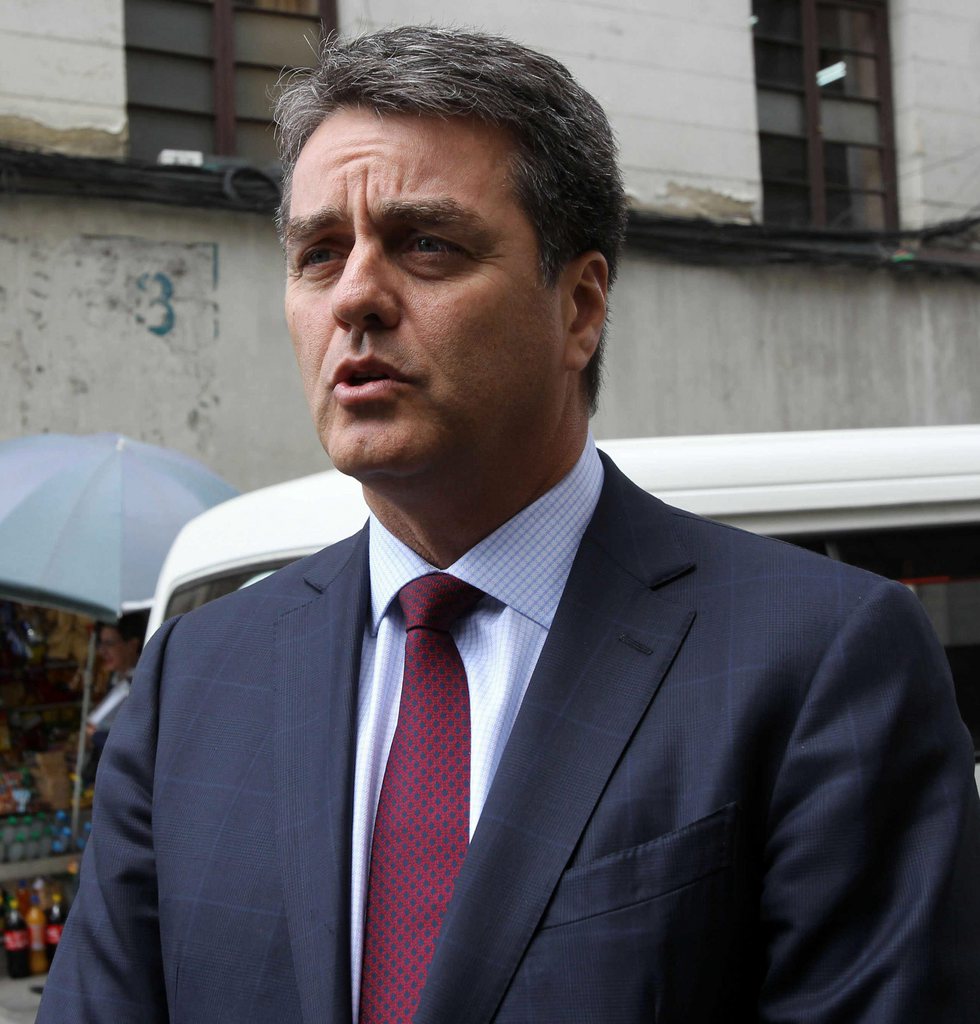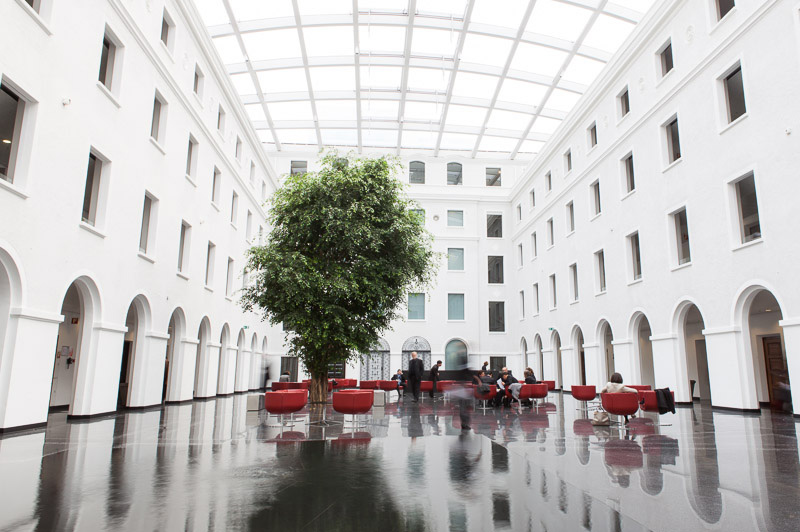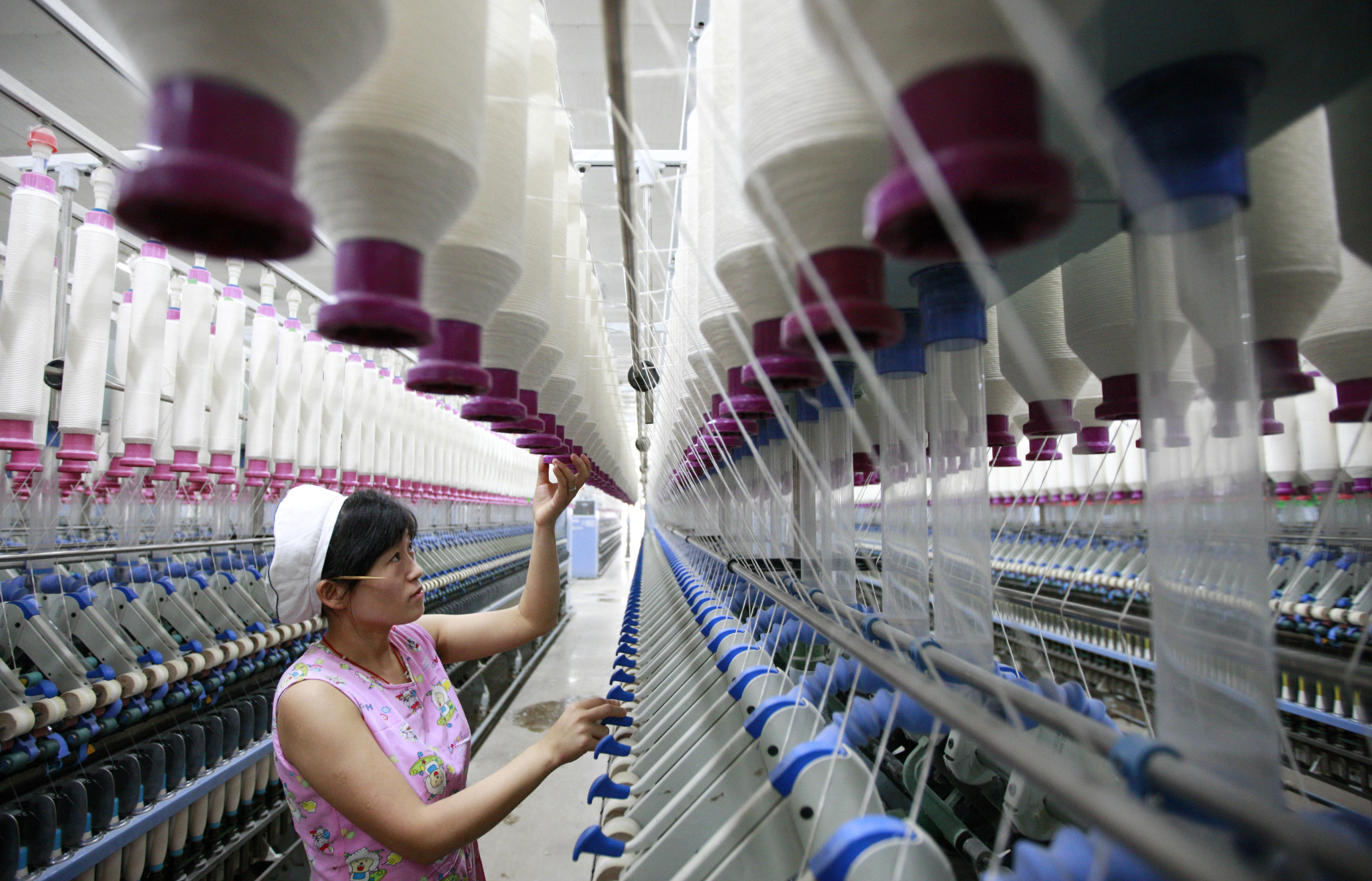Swiss welcome WTO reform accord

Switzerland has given its thumbs-up to the last-minute World Trade Organization (WTO) agreement reached in Bali early on Saturday morning – its first ever comprehensive reform deal since the Geneva-based organisation was set up 18 years ago.
In a statement Swiss Economics Minister Johann Schneider-Ammann said the agreement was an “important step” that would contribute to strengthening the multilateral trade system and give new vigor to future WTO negotiations.
The approval by nearly 160 ministers came after Cuba dropped a last-gasp threat to veto the package of measures.
“For the first time in our history, the WTO has truly delivered,” WTO chief Roberto Azevedo told exhausted ministers after the talks which had dragged into an extra day on the Indonesian island.
“This time the entire membership came together. We have put the ‘world’ back in World Trade Organization,” he said. “We’re back in business…Bali is just the beginning.”
Switzerland’s representative at the talks, Didier Chambovey, described the deal as “an important and interesting development for Switzerland”.
Chambovey underlined Azevedo’s significant role in pushing through the deal in Bali.
“Azevedo acquired additional authority which is good for the credibility of the WTO and the multilateral system,” the Swiss delegate told reporters in the Bali town of Nusa Dua.
He added that the fact that 159 ministers agreed to draw up a work programme over the next 12 months was a positive development.
“Difficulties will not go away but there is a new dynamic,” he commented.
Scepticism
But there was some scepticism about what had been achieved.
“Beyond papering over a serious dispute on food security, precious little progress was made at Bali,” said Simon Evenett, professor of international trade at the University of St Gallen. “Dealing with the fracas on food security sucked the oxygen out of the rest of the talks.”
But the agreement remains a milestone for the 159 WTO members, marking the organisation’s first global trade accord since it was created in 1995.
It also rescues the WTO from the brink of failure and will rekindle confidence in its ability to lower barriers to trade worldwide, after 12 years of fruitless negotiations.
The deal would lower trade barriers and speed up the passage of goods through customs. Analysts estimate that over time it could boost the world economy by hundreds of billions of dollars and create more than 20 million jobs, mostly in developing countries. However, it still needs to be approved by each member government.

In compliance with the JTI standards
More: SWI swissinfo.ch certified by the Journalism Trust Initiative












You can find an overview of ongoing debates with our journalists here . Please join us!
If you want to start a conversation about a topic raised in this article or want to report factual errors, email us at english@swissinfo.ch.